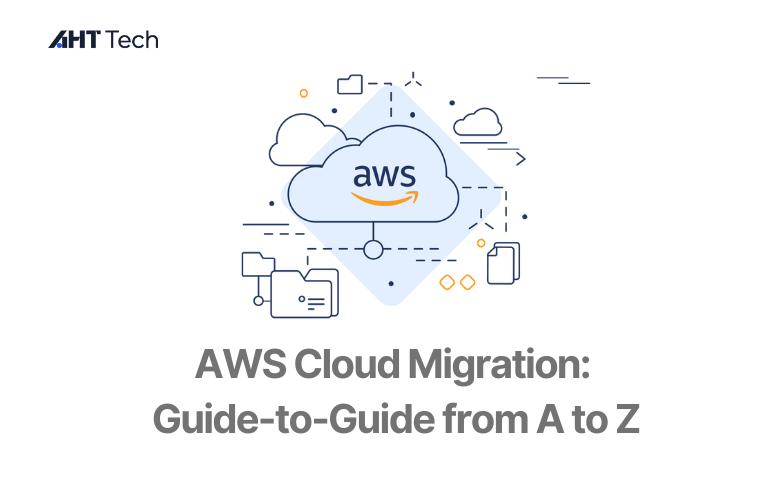WordPress is the largest and most widely-used content management system (CMS) in the world. It powers everything from personal blogs to powerful sites from top brands such as The New York Times, Sony, and Disney. One of the biggest reasons that people love WordPress for ecommerce is because WordPress is free to use. WordPress is open-source, which means its original source code is free to download, redistribute, and modify.
In this article, we will discuss about when and why use WordPress for ecommerce and when avoid.
Why should use WordPress for ecommerce

Aside from the common benefits of WordPress, including its low cost, ease of use, security, and customizability, here are some other advantages of using WordPress:
WORDPRESS OFFERS SEO-FRIENDLINESS BUILT-IN
Although SaaS sites such as Shopify or BigCommerce can offer you an area to create a blog, nothing beats the real deal of working with an actual blogging platform. Building your site with WordPress can help take your content marketing efforts to the next level, with a code base built on solid SEO practices.
WORDPRESS OFFERS ENDLESS SCALABILITY
When starting a business, everyone hopes it grows. When starting out, you probably won’t need to access all available features or tons of storage, but it’s good to know that these are available to you once needed.
One mistake many ecommerce retailers make is not factoring in the potential for growth or change. When the time comes where they need to scale their business, they end up paying larger fees while using a managed solution, or they pay a lot to migrate their site to a self-hosted website, and in turn, run into trouble or cause hassles for their customers in the process.
It’s better to decide as early as now whether or not to move your ecommerce shop to its own website. Managed solutions can grow with your business, but can cost more in the long run.
WORDPRESS ECOMMERCE WEBSITES ARE CHEAPER TO RUN
Aside from the transaction charges payment providers require, most SaaS platforms charge an additional fee per transaction, per sale, or both. These transaction fees can go as high as 10% on some platforms! These SaaS platforms charge this on top of their monthly fee, which can make shop owners raise their prices just to earn a decent profit, in turn, losing their edge over competitors.
With WordPress, all you really need to consider is your preferred payment gateway’s transaction fees.
When use WordPress for ecommerce and when avoid
If you don’t know, you can choose building a site for content or site for ecommerce. However, what WordPress does best is content and ecommerce will be compitable with Shopify or other platform. But what happened if choosing WordPress for ecommerce?

It does make sense to your WordPress site into an ecommerce store if you meet these conditions:
- You already have a large WordPress site built with lots of content.
- Having a small store that you want to build out, in the range of 10–20 products.
- You don’t plan on putting a ton of energy behind the store; you view it as a “one-and-done” project.
In this situation, you’re already on WordPress so you’ll want to keep that. You also have enough products to warrant a store section in your site, you’ll need more than just a few buy buttons. But it doesn’t make sense to get an entire ecommerce platform set up on your site since you don’t plan on making it a major priority.
The best bet is to keep everything on WordPress and use an ecommerce WordPress plugin to add a store to your site. The most well-respected ecommerce plugin is WooCommerce. It gets plenty of great reviews.
Or if you really love WordPress and hate the thought of adding another tool to your site, WooCommerce is still a legitimate option. Feel free to use it if you’d prefer to spend as much of your time as possible within WordPress.
>>>> Use Both Shopify and a WordPress Blog – The easiest way
Put one of them on a subdomain and the other on your main domain, like this:
- WordPress installed at company.com
- Shopify installed at store.company.com
This is easy enough that you’ll be able to get this set up with your WordPress host, domain registrar, and Shopify account on your own. There’s no need to hire a developer to do anything fancy. Simply set up WordPress on your main domain like normal while setting Shopify up on a subdomain.
To Sum Up With WordPress For Ecommerce
WordPress is now a decade old and is still the reigning champ for managing sites with a ton of content. If you plan on pursuing an SEO or content marketing strategy for your business, WordPress is the only legitimate choice for your site.












